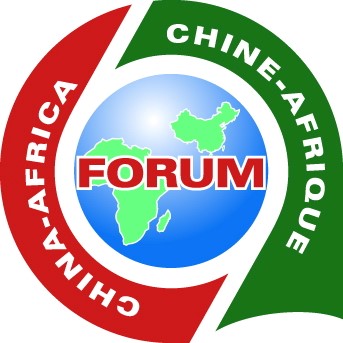The Confucius Institute at the University of Ghana and the Accra Technical University (ATU) on Wednesday signed a memorandum of understanding (MOU) for the introduction of Chinese language and culture in the school.
Through the collaboration, students of ATU will acquire proficiency in the Chinese language and culture to deepen student exchange between the ATU and institutions in China.
During the signing ceremony, Wang Jimin, the Institute’s Chinese director, described the inking of the partnership as a historic moment.
“It is a solid step forward for vocational schools to deepen cooperation in Chinese language education. We firmly believe that by combining language teaching and cultural activities, we can effectively promote cultural exchanges between our two countries,” Wang said.
Wang also praised the ATU for offering the Confucius Institute its trust and support with new opportunities to connect, understand, and respect cultures everywhere through learning exchanges to gain more knowledge and information with the attitude to understand and respect different cultures.
According to the MOU, the Confucius Institute will help ATU with language teaching, cultural activities, language proficiency exams, scholarship applications, and some other services.
Amevi Acakpovi, the acting vice-chancellor of the ATU, said the Chinese language has become important in all spheres of education and the job market due to the trend of globalization, and the collaboration with the Institute would also enable Ghanaian students to acquire Chinese language proficiency to prepare them for their studies in China.
“The collaboration is a pillar and motivation towards our recently signed collaboration to have students continuing in computer science, cybersecurity, and meteorological-related programs in the Nanjing University of Information, Science and Technology,” said the acting vice-chancellor. “It will also bring the Chinese language to the doorstep of our students and colleagues who desire to pursue their study in China to learn Chinese here, be certified properly, and then get their way through to China.”
Distributed by APO Group on behalf of Forum on China-Africa Cooperation (FOCAC).
